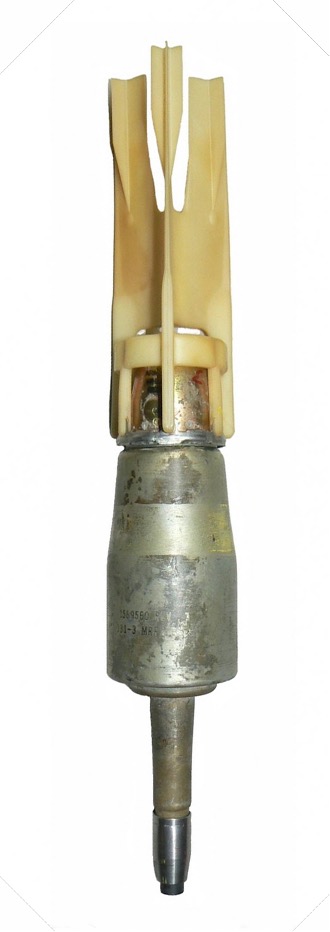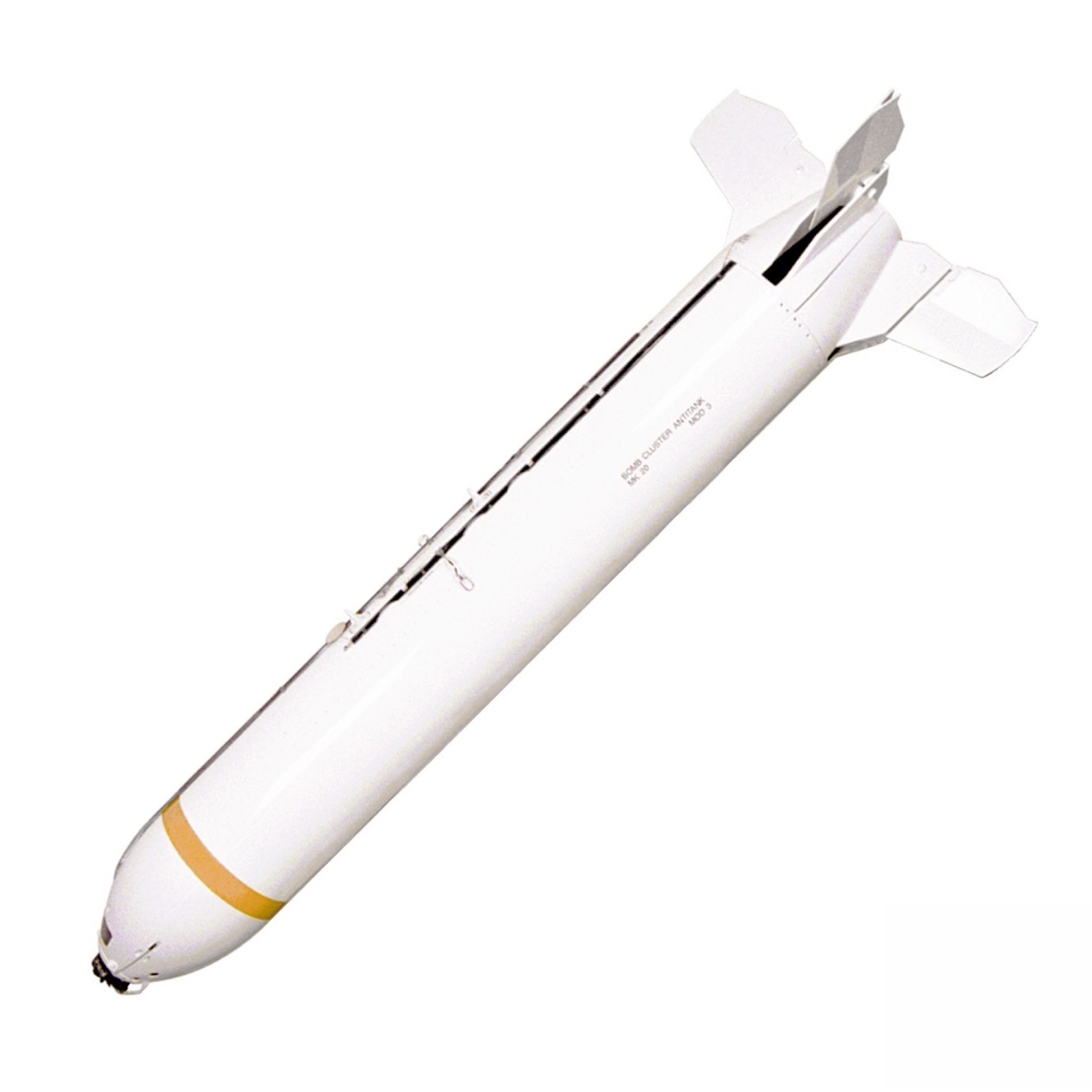How does Ukraine use drones?
JOIN US ON TELEGRAM
Follow our coverage of the war on the @Kyivpost_official.
Since the start of Russia’s full-scale invasion of Ukraine, drones have played an increasingly important and high-profile role. The catchall term “drone” covers everything from purpose-built military drones, capable of attacking tanks, headquarters and infrastructure, to small commercial drones used for close-quarter surveillance. Ukraine has taken this a step further by developing methods of dropping grenades onto the enemy from such commercial drones.
- Read the newest war in ukraine update in the Kyiv Post’s daily news coverage for today.
- Find the newest Ukraine news pieces that came out today.
In January the New York Times carried an interview with a group of Ukrainian engineers in the city of Sloviansk who had been tasked with finding the “perfect weapon” to be delivered by drone. They outlined the requirement as something weighing around 0.5 kilograms, fin-stabilized and capable of penetrating the hull of an armored personnel carrier or tank.
Without access to such a weapon the team would break down conventional grenades and use 3D printers to manufacture fins and lightweight bodies for the weapons. It now seems that Ukraine has identified the perfect munition for this purpose.
The CBU-100 Cluster Bomb
The CBU-100 Cluster Bomb (also called the Mk-20 Rockeye II) is an American air-launched, conventional free-fall weapon containing 247 Mk 118 Mod 1 bomblets designed for use against armored formations. The weapon was first deployed in 1968. During Operation Desert Storm in 1991 the U.S. dropped almost 28,000 Rockeyes against Iraqi armor, artillery, and personnel targets.

UkrFerry’s Wartime Survival: “Whatever the Wind, You Need to Keep Your Sails Up”

The Rockey bomblet and CBU 100 Canister – Credit to CAT UXO
Ukraine would break down the cluster bombs and extract the individual bomblets which could be dropped from existing commercial drones such as the Chinese-made DJI Mavic 3 drone, currently Ukraine’s workhorse for this role. The Mk 118 bomblet is specifically designed to fall from height in a stable position provided by the attached fins.

Modified RKG3 grenade Credit Radio Free Europe
Why does Ukraine want them?
Obviously, no matter how innovative Ukrainian engineers are at developing and modifying existing munitions, having access to a weapon that was specifically designed for this purpose is attractive.
Also, as one of the engineers cited by the New York Times said, in some ways war is about money. “If you have a drone that costs $3,000 with a grenade for $200 and you destroy a tank that costs $3 million,” the sums quickly add up.
Will the US provide the bombs?
It was reported in a number of media articles that Ukrainian officials had urged U.S. members of Congress to press for White House approval at last month’s Munich Security Conference.
Commenting on the request, Democratic Congressman Jason Crow, a U.S. Army veteran, said he might back the provision of the bombs to Ukraine if the U.S. received assurances that the bomblets would be removed and used “in a non-cluster employment.”
But Ukraine’s plan is likely to face strong opposition. Congressman Adam Smith, who is Chairman of the U.S. House Armed Services Committee, when asked whether the Whitehouse would approve the request stated categorically: “That’s not going to happen.”
In the absence of receiving these weapons the team in Sloviansk will no doubt continue their search for another solution.
You can also highlight the text and press Ctrl + Enter











